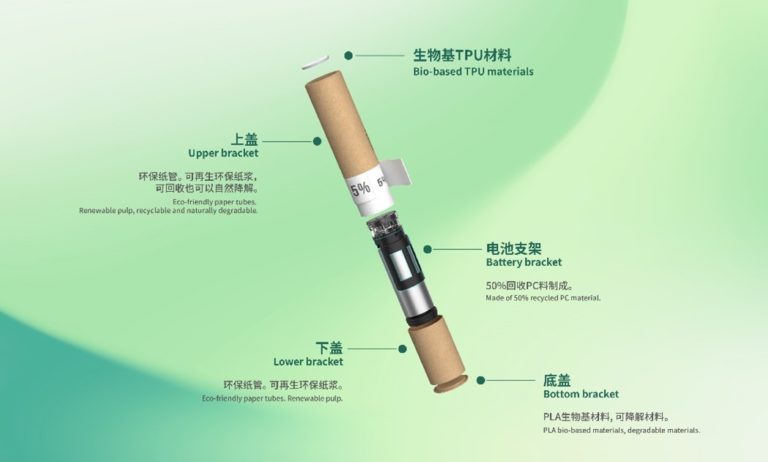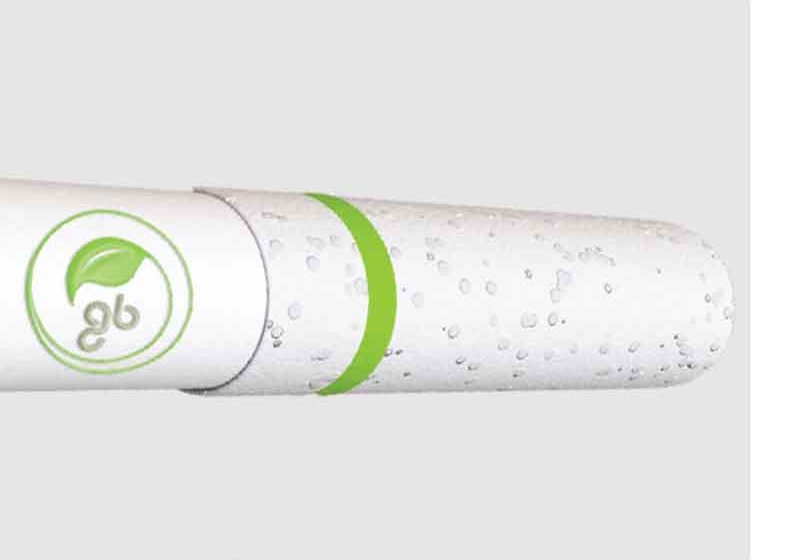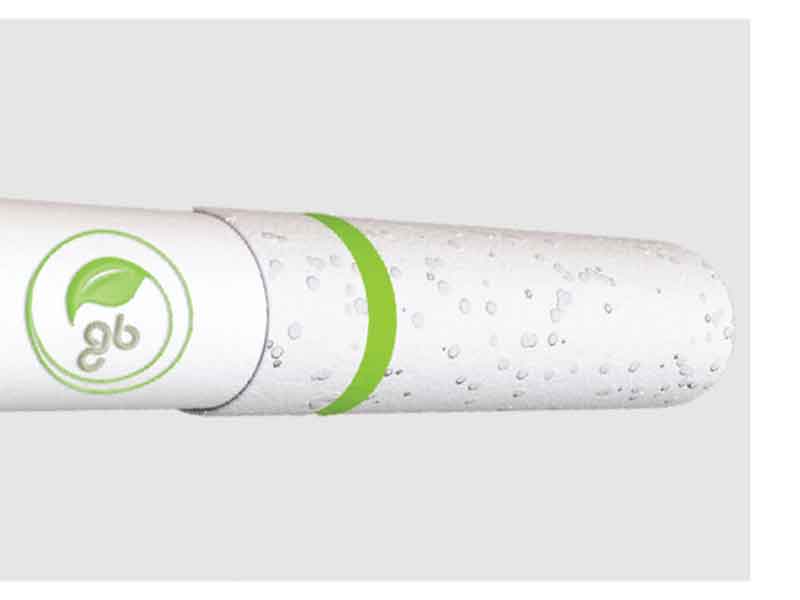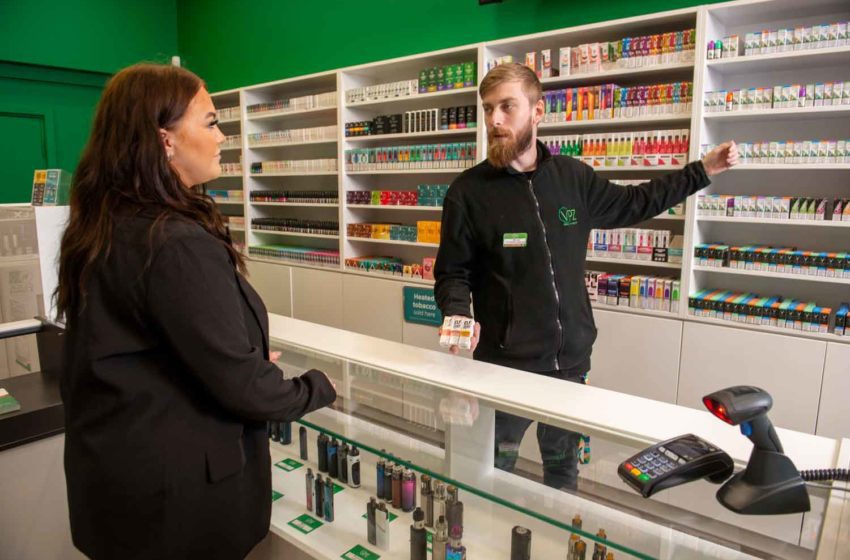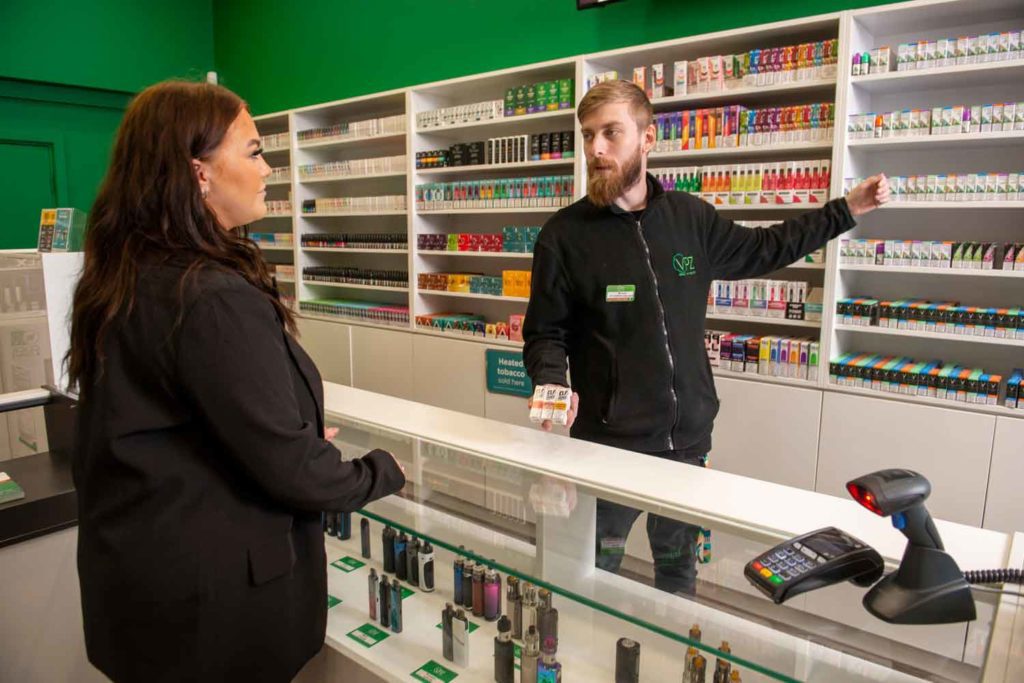
Australia plans to tighten the screws on vaping and smoking, reports The Guardian.
While Australia was on the forefront of anti-tobacco policies for many years—the country pioneered plain packaging, for example—federal Health Minister Mark Butler says the former government has been “asleep at the wheel” as vaping skyrocketed.
Vaping rates doubled in Australia between 2016 and 2019. In New South Wales, almost a third of 16-year-olds to 24-year-olds had tried vaping by last year, up from 15 percent three years earlier, according to a state government population survey.
To help remedy the situation, the Therapeutic Goods Administration will begin public consultation on changes to importation laws, premarket assessments of vapor products, labeling, advertising, flavoring and identification of nicotine-containing products. Many nicotine-containing products are misleadingly labeled as nicotine-free, according to authorities.
It is illegal to sell, supply or possess an e-cigarette or any liquid that contains nicotine in Australia without a doctor’s prescription. But suppliers have been getting around this by removing “nicotine” from the ingredients list, even though their products contain it.
New South Wales Health revealed it had seized more than 157,000 vapes containing nicotine in raids in the 18 months leading to September.
The government also intends to further tighten the screws on combustible cigarettes. Among other measures, it wants to require cigarette manufacturers to print health warnings, such as “smoking kills,” on every individual cigarette and produce cigarettes in less appealing colors. Health promotion inserts should be put in every cigarette pack and advertising regulations will be updated to include vaping products. The government also wants to ban flavored cigarettes, including mentholated varieties.
The proposed measures are intended to help Australia achieve a smoking prevalence of less than 10 percent by 2025 and 5 percent or less by 2030.
The public consultation on reforms will be open until Jan. 16.






